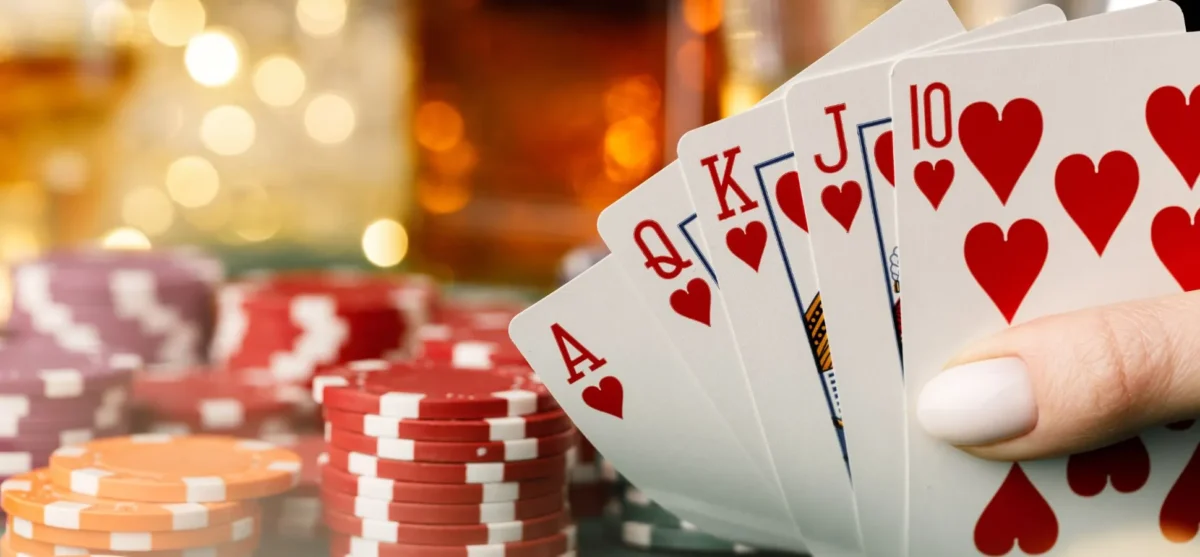Gambling has long been a contentious topic, with debates raging over whether success in games of chance is a result of skill or simply luck. The truth is, the answer may not be black and white, but rather a nuanced combination of both. The intersection of luck and skill in gambling is a fascinating conundrum that has intrigued players and analysts alike for centuries. While luck certainly plays a significant role in determining outcomes, there is also an element of skill involved in certain games that can tip the odds in favor of the more strategic and knowledgeable player. Understanding this delicate balance between luck and skill is essential for anyone looking to navigate the world of gambling with success and proficiency.
Understanding the Influence of Luck and Skill in Gambling

The intricate interplay between luck and skill is a fundamental aspect of gambling that continuously captivates both novice players and seasoned gamblers alike. Understanding the delicate balance of these two elements is crucial for navigating the unpredictable world of games of chance. While luck can play a significant role in determining outcomes, skill also plays a vital part in influencing success in gambling. Skilled players possess the ability to make strategic decisions based on their knowledge, experience, and expertise, increasing their chances of winning in games where skill is a factor. However, the element of luck will always remain a constant variable, adding an exciting and unpredictable dimension to the gambling experience. Whether its a roll of the dice or a spin of the wheel, the intersection of luck and skill in gambling creates a dynamic and exhilarating environment where anything can happen.
The Role of Luck in Gambling: How Randomness Impacts Game Outcomes

In the world of gambling, luck plays a significant role in determining the outcome of games. Randomness, whether in the form of a roll of the dice or the shuffle of a deck of cards, has a direct impact on the results of each play. While skill and strategy certainly have their place in many gambling activities, the unpredictable nature of luck can make all the difference in whether a player wins or loses. This element of chance adds an exciting and unpredictable element to gambling, keeping players on their toes and making each game a thrilling experience. The interplay between luck and skill in gambling adds a layer of complexity that keeps players engaged and coming back for more, as they strive to master the perfect balance between strategy and chance.
Building Skill in Gambling: Strategies for Improving Your Chances of Winning

Building skill in gambling is a multifaceted endeavor that involves a combination of understanding game rules, analyzing probabilities, and developing strategies to improve your chances of winning. One key strategy is to carefully manage your bankroll, setting limits on how much you are willing to bet and sticking to them. Additionally, learning how to read opponents and adapt your gameplay accordingly can give you an edge in games like poker. Practicing mindfulness and maintaining a calm demeanor during gameplay can also help you make better decisions and avoid letting emotions cloud your judgment. By honing your skills and staying disciplined in your approach, you can increase the likelihood of success in gambling.
Conclusion
In conclusion, gambling is a unique activity that involves a complex interplay of luck and skill. While luck plays a significant role in determining the outcome of games like 4d, skill and strategic decision-making also come into play. It is important for gamblers to understand the balance between luck and skill, and to approach gambling with caution and responsible behavior. By recognizing the intersection of luck and skill in gambling, individuals can make more informed decisions and potentially increase their chances of success. Ultimately, whether in 4d or other forms of gambling, awareness of these factors is key to a fulfilling and potentially profitable experience.




